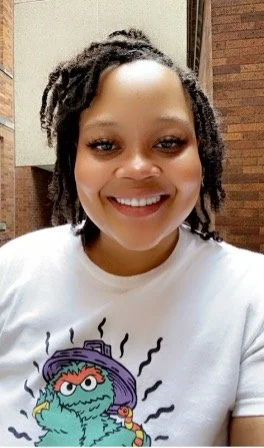Maelesha joined the Research Participant Advisory Council (RPAC) and the West End Community Research Advisory Board (WE C-RAB) in August of 2021. While she was initially recruited to participate in the WE C-RAB as a lifelong resident of the West End, she also quickly joined the RPAC due to her and her son’s participation in the longitudinal Imprint Study at Children’s which is following newborns through age 4 to predict how they go through life with illnesses.
She’s the proud mom of 2 boys, Kamryn (2 years old) and Kaiden (8 years old) and loves to dance in her spare time. She’s also an RN at University Hospital in the Surgical Intensive Care Unit and has participated in many studies since she was a child.
Q. What motivated you to participate in research?
Coming from my background of science as a registered nurse and being on that side of policy change, changes in dosage of medication etc., we tend to always talk about evidence based practice. I found it very interesting to get a glimpse of the other side of medicine. It’s a very engaging process, to see it from the very beginning – how things start off as a question and then to see how it expands into a study, which eventually leads to changes in policies, changes in dosage etc.
Q.What has been your favorite aspect of the RPAC and/or research project/study to come to the RPAC?
It is just so fascinating to see it in full cycle. Being a part of RPAC has given me an opportunity to see the full circle of research and how it leads to changes in the healthcare system as a whole.
Q.What would you tell your peers about research who are hesitant to participate?
Being a member of RPAC/WE CRAB has shed light on things that were not visible to me at first. I am beginning to understand how important it is to participate in research. I realize now that there are not many people who look like me or come from the same background as me participating in research. They will never have the answers to solve our problems without our participation. I am doing this to help make a better environment for my future grandchildren. It is very important for the future of our world.
Q.How did you hear about any research in which you participated in? How were you approached or introduced to the studies?
With the Imprint study I was approached at West Chester Hospital where I was having my prenatal appointments. This was the hospital where I wanted to deliver Kamryn. I was 30 weeks pregnant. Initially I had jumped into the study thinking it was going to be about the flu but – as this was around the end of 2019/early 2020 – ended up being about COVID as well. Because of this, I ended up having to consent twice. They were drawing blood as part of my routine checkup appointments and would just ask if they could piggy back on those samples. They then gave me the rundown of what I should expect to happen once Kamryn was born. They explained to me how they would take samples of saliva, stool and blood from Kamryn. In the beginning they were taking nasal Swabs weekly and stool samples monthly, along with the blood draws. Now it is not as intense as before. We just send in monthly samples of stool and weekly nasal swabs.”
Q. Overall has participating in research studies been a positive experience for you?
It has been a positive experience overall. It has been very impactful when it comes to learning new things about myself. It has made me curious and willing to ask questions. It has piqued my interest and has always been a positive situation. I have not only participated in research on the medical level, I have also participated in marketing research for companies like P&G. I once participated in a study on tampons. I had to store them in the freezer and they would come and pick them up after I used them. I would also have to journal about them. It was fun because I got to express how I felt, I had an opinion to give. It paid too. As a younger person, there was no better feeling than having that cold hard cash in an envelope! I remember making one hundred bucks to do that tampon study for a week.
Q.What would you say to researchers about RPAC/ WE CRAB about why they should come to the RPAC?
Expand your reach. We can be helpful, if you come to a wall and have no idea what direction you should go we could be helpful with direction. We can help spark new ideas that you probably have never thought about. We could also be that connection to help you get the word out to the community. You could bounce ideas off of us and ask questions you might not be as comfortable asking with other groups of people. I love the conversations that happen between the researchers and us.
About the RPAC and WE C-RAB. The RPAC and WE C-RAB are resources available to anyone at Cincinnati Children’s Hospital interested in learning the research participant or community perspective and improving how research is conducted at the hospital or out in the community. If you are interested in seeking feedback from one of these groups at one of our meetings, or through electronic survey, contact Julie Wijesooriya, julie.wijesooriya@cchmc.org.



